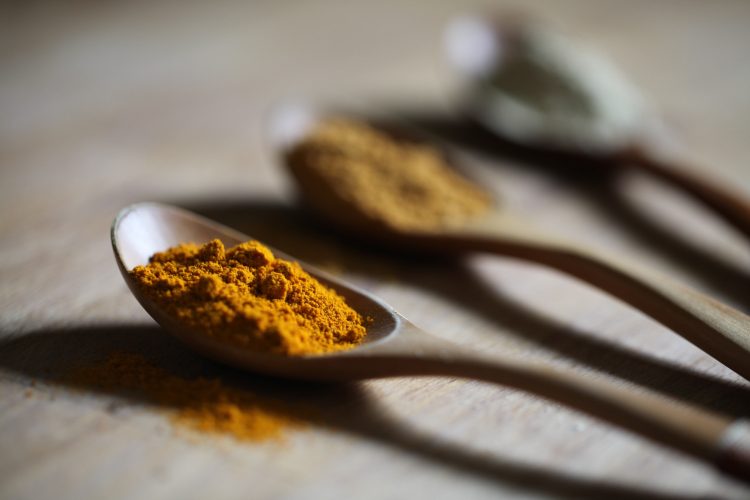Turmeric
Turmeric is a ingredient that has been utilized for centuries in conventional pharmaceutical and cooking, and has as of late picked up ubiquity as a wellbeing supplement. This yellow-orange root has a place to the ginger family and is local to Southeast Asia, where it has been utilized in Ayurvedic and conventional Chinese pharmaceutical for its anti-inflammatory and antioxidant properties.
It may be a staple ingredient in numerous Southeast Asian dishes, and incorporates a unmistakable flavor and aroma that’s frequently utilized to include color and depth to curries, stews, and rice dishes.
In this article, we’ll investigate the numerous potential wellbeing benefits of turmeric and the leading ways to join it into your eat less.
What is the turmeric?
Turmeric is a spice that comes from the root of the Curcuma long a plant, which is a member of the ginger family. It has been used in traditional medicine for thousands of years, particularly in India and Southeast Asia. The spice is known for its bright yellow color and pungent flavor, and it is often used in cooking to add flavor and color to dishes.

It contains a compound called curcumin, which is responsible for many of its potential health benefits. Curcumin is a polyphenol and has been studied for its anti-inflammatory and antioxidant properties, as well as its potential effects on a variety of health conditions, including cancer, cardiovascular disease, diabetes, and Alzheimer’s disease.
In addition to its culinary and medicinal uses, turmeric has also been used as a dye, particularly in traditional textiles. Its bright yellow color makes it a popular natural dye for clothing and other textiles.
It is available in various forms, including fresh or dried roots, powders, and supplements. It is important to note that while turmeric is generally considered safe, it may interact with certain medications and may not be appropriate for everyone. It is important to consult with a healthcare professional before using turmeric as a supplement or for medicinal purposes.

What are the benefits of turmeric?
It contains the compound curcumin, which is responsible for many of its potential health benefits. Some potential benefits of turmeric include:








